The Primal Wound: Understanding the adopted child
£16.80£18.00 (-7%)
The Primal Wound has revolutionised how we think about adoption. Over the years, thousands have read this classic and found in it profound insights and revelations on what being adopted means to adopted people.In this book, Nancy Verrier, a psychotherapist and adoptive mother, elaborates on what she calls the primal wound the wound that results when a child is separated from his or her mother and the trauma that it causes. She examines the life-long consequences this can have for adopted people, as they are growing up and into adulthood, underpinning this with information about pre- and perinatal psychology, attachment, bonding, and the effects of loss.
This is a demanding book. It can be a difficult and painful read because of the emotions it evokes in all members of the adoption triad. But it can also bring relief as it can be a great help in acknowledging, understanding, and validating the wounds created by the trauma of separation between mother and child. This understanding can help adopted people, adoptive parents and birth parents. It can provide validation for the experiences and feelings of adoptees, who have often felt misunderstood; it can bring solace to birth mothers, who have long been denied the truth of their loss; and it can be a source of information for adoptive parents, so that they can better understand and respond to their children.
The Primal Wound offers adopted people validation for their feelings, explanations for their behaviour, and a context in which to situate and make sense of their experiences. It is a must for anyone struggling with unexplained feelings and insecurities caused by adoption, and has been described as life changing , a light bulb experience , a revelation and a journey of discovery.
The insights which it brings to the experiences of abandonment and loss will contribute not only to the healing of adoptees, adoptive families, and birth parents, but will bring understanding and encouragement to anyone who has ever felt abandoned. This is essential reading for anyone involved in adoption.
Read more
Additional information
| Publisher | British Association for Adoption and Fostering, UK ed. edition (21 Sept. 2009) |
|---|---|
| Language | English |
| Paperback | 208 pages |
| ISBN-10 | 1905664761 |
| ISBN-13 | 978-1905664764 |
| Dimensions | 17.1 x 1.2 x 23.9 cm |


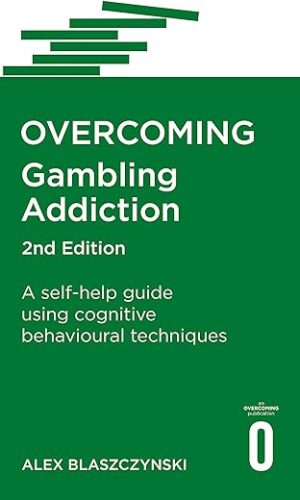
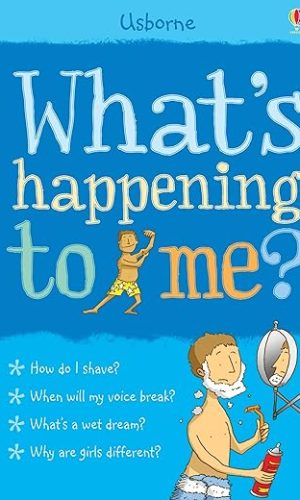
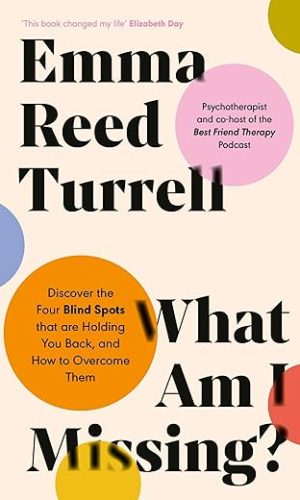
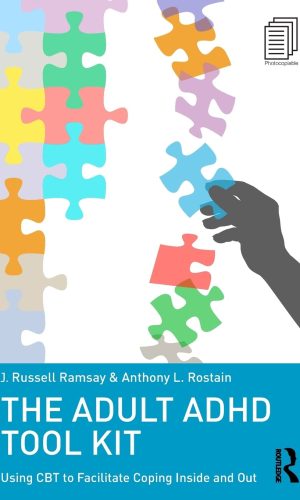
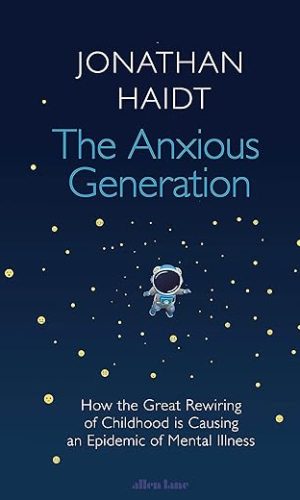
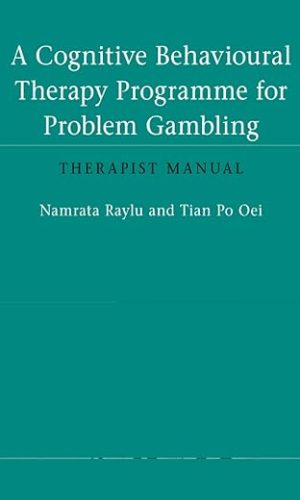
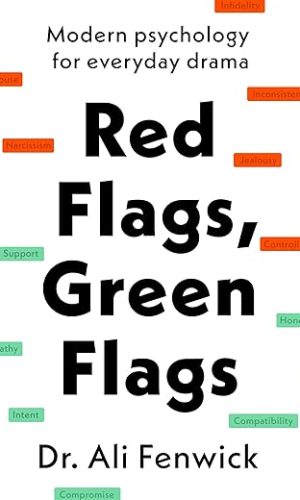
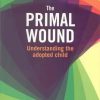
by Amazon Customer
I am not someone who usually writes reviews however I feel I absolutely have to about this book.
As a 50 year old long term divorced woman who is only twenty or so pages into this book, who has struggled with relationships her whole life, parental, friendship and intimate male/female relationships….I feel this book is talking to me!
Deep down I knew a lot of my struggles to form and maintain relationships of any kind were down to my adoption (at 2 months old), however this book explains the impact of being removed from your biological mother and adoption has on adoptees.
I finally feel like there is light at the end of the tunnel and that once I have finished reading this and her subsequent book (which is already on order) that I will truly learn to be happy – something that has evaded me for the past 50 years, except at surface level.
I only wish I had known of this book and read it sooner and believe it should be made part of the adoption process for both biological and adoptive parents – and adoptees once old enough to read and understand it.
Thank you Nancy I honestly believe your book will turn my life around
by Arty
It is only recently that I obtained my original adoption papers. I also spoke to a counsellor who recommended this book. I am 41, was adopted at 6 weeks and always maintained that I had no hangups about adoption. I thought it was a non-issue.
This book, however, was a bit of a revelation, partly because it is the first I’ve read on the subject and therefore introduced me to a whole raft of thought/analysis on the adoptee. The general thrust of adoptee analysis is that we have common experiences unlike that of non-adoptees – feelings of loss, feelings of uncertainty over close relationships are but two. The main premise of this book is that we suffer a ‘primal wound’ when we are separated from our mothers, because contrary to received belief, a baby is fully aware of being removed from its mother, even though it doesn’t consciously remember it. This is the primal wound.
The book continues on to explain various adoptee behaviours e.g. ‘Good Adoptee/Bad Adoptee’. I’d not heard this term before, though I immediately realised that I was a good adoptee, eager to please as a child (apparently) so as not to be abandoned (again).
My main criticism is the ‘you are an adoptee, therefore you must fall into this category’ argument. I did not ‘act out’ as a child (but then I was a ‘good adoptee’), whereas I had friends who were really quite dysfunctional and they were’nt adoptees, so it is a closed system of thought in that respect.
However, this is a minor niggle, though I had problems getting round the idea that this book was really about me and not someone else.
More unfortunate is the American slant, which may be fine for Americans but is quite alien to my British sensibility. Many of the problems associated with the primal wound seem to be validated because they are revealed in ‘therapy’. It seems that almost all adoptees in the US get therapy. In the UK you only get what we would call counselling if you have serious problems; otherwise you are left to your our devices (Doctors avoid the subject when I tell them I’m an adoptee – they are not interested).
The section on Reunion is good – especially as a primer on what to expect – this is where I’m at right now. I am in unknown territory and this book is like a roadmap (perhaps using the wrohg scale of measurement, but never mind). Do read this book if you are an adoptee.
by Her ladyship
If you relate to this verse then i’d recommend you read The Primal Wound, it will give you a greater understanding:
WHEN ONE BECOMES TWO
Warm, safe and secure, curled up within, joined to her as one.
Experiencing all her feelings and her every emotion.
Growing and developing, feeding from her very soul.
Nature had created the greatest bond.
After 40 weeks I entered the real world.
With mummy’s blood running through my veins, held close in the security of her arms, nature had blessed me with senses to feel the warmth of her body, the texture of her skin, her heartbeat, her breath, her scent.
I could sense I was a part of her.
We were together as one mummy and I.
Mummy had given me life.
She fed me, held me, soothed and comforted me, she dried my tears away.
I instinctively knew she was my mummy, who would keep me safe.
After 40 incredible weeks sharing her body and precious little time shared in the real world, suddenly mummy was gone. She had disappeared from my life.
Mummy had chosen to sever our bond.
The ultimate betrayal.
Now we were two.
Grief, fear, anxiety, confusion, terrifying nightmares, monsters everywhere.
This was to be the start of a new beginning.
Like the deep grief of bereavement this was the deepest kind of loss.
There would be no more sharing. Mummy can’t have loved me enough.
With nice new parents, I could enjoy a good and happy life, but the hurt would remain forever deep down inside, hidden from the knowledge of the outside world.
Abandoned, rejected, different, not good enough for mummy to love.
I was alone and unlovable in my private little world.
Nobody knows the depth of the wound beneath my cover. They only see my smile.
Nobody asks if it hurts or if it’s healing. They can’t see it hidden away.
Nobody can see the tears I cry.
I’m smiling, I’m happy.
I must be grateful for the good things in the life I have.
Repressing my thoughts and intense feelings.
I must live with it. But I can never forget.
Such a profound traumatic experience has an everlasting pain.
Anonymous.